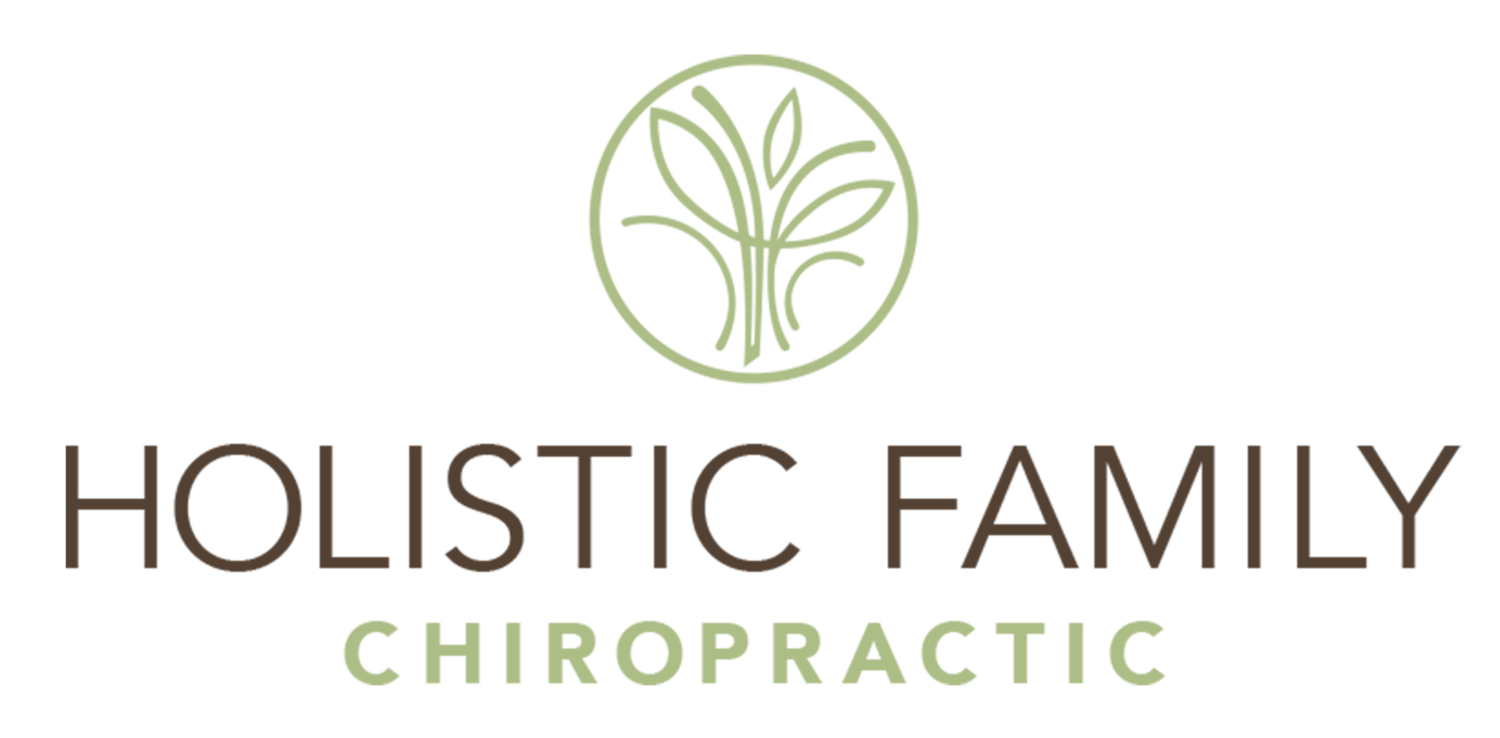Takeaways from Common Barriers to Happiness
How to ditch shame, perfectionism, and numbing, and embrace tools for a healthier, happier life.
Think Well: Common Barriers to Happiness Worksheet
Let’s be honest. Life can be overwhelming. Between work, family, and endless notifications on our phones, it’s easy to get stuck in patterns that don’t serve us.
That’s why we don’t just focus on your body. We’re here to support your whole well-being. Cuz that’s what holistic care is all about!
Recently, we hosted a workshop, inspired by Brené Brown’s The Gifts of Imperfection, that explored three common barriers to happiness: shame, perfectionism, and numbing. And, more importantly, we discussed ways to overcome them.
The difference between shame and guilt.
Many of us use guilt and shame interchangeably, but they’re actually very different.
Guilt happens when you feel bad about something you did (“I shouldn’t have snapped at my coworker”). Shame is sneakier. It’s the feeling that you, as a person, are bad (“I’m a terrible person for saying that”).
While guilt may tend to be a little more outward and obvious, shame feeds on silence. It grows when we keep it bottled up.
The antidote to shame? Open communication.
Talking to someone you trust can stop shame in its tracks. Whether it’s a close friend, a counselor, or even a quick journal note, getting those thoughts out in the open helps bring much-needed perspective.
> Simple action step: next time you catch yourself thinking, “I’m not good enough,” take a breath, recognize it as shame, and share your concerns with someone you trust.
Perfectionism: A sneaky barrier that looks like ambition.
Perfectionism isn’t just about getting straight A’s or having an Instagram-worthy home. It’s often a way we chase approval or try to avoid criticism.
Many of us pick up perfectionist habits in childhood as a way to “earn” love or acceptance.
The problem? That quest for perfection keeps us stuck in comparison traps and feeling like we’re always falling short.
Connection helps us break free.
Meaningful, messy, authentic relationships remind us that no one has it all together. Real conversations, where people admit bad days and share real struggles, can be healing.
> Simple action step: the next time you catch yourself doomscrolling, comparing yourself to someone else, or feeling like an utter failure, call a friend.
Connect with someone who reminds you it’s okay (and more interesting) to be imperfect.
Numbing: When avoiding becomes a habit.
When shame or perfectionism gets too loud, many of us turn to numbing behaviors. Think: mindless social media scrolling, overeating, binge drinking, overworking, or even over-exercising.
Numbing might feel like it helps in the short term, but it disconnects us from real solutions and joy.
The tool to overcome numbing? Courage.
Courage doesn’t mean climbing mountains. It means showing up for yourself in small ways. It means recognizing negative thought patterns, asking yourself where they come from, and choosing healthier coping mechanisms.
One favorite tip from the workshop: track your thought patterns. Notice when negative self-talk creeps in. Practice asking yourself, “Is this thought really true?” and “Is it helping me?”
> Simple action step: swap 10 minutes of doomscrolling for 10 minutes outside in fresh air. Let yourself feel, reconnect, and breathe.
Build a happier daily routine.
This workshop wasn’t about fixing everything overnight. It’s about adding small, doable habits into your life:
Gratitude check-ins: Reflect on one thing you’re grateful for each day.
Connection moments: Text or call someone who makes you feel good about yourself.
Body kindness: Move your body in a way that feels good, whether that’s a walk, yoga, or simple stretches.
Shame-busting awareness: Notice when negative self-talk creeps in and challenge it.
Screen-free time: Set boundaries on scrolling and practice healthier habits, like journaling or being in nature.
Remember: You don’t have to be perfect to be happy.
You are worthy of happiness and well-being, exactly as you are. There’s nothing you need to “earn” to deserve it.
And when life feels heavy, don’t forget, you’ve got tools to lighten the load.
If it’s been a while since your last adjustment, this is your gentle nudge. Let us help you take care of your whole self, body and mind.



